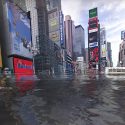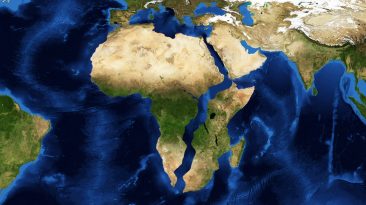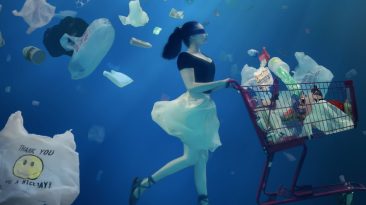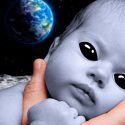You’ve heard all the scary rumors surrounding vaccines: they cause autism, they contain toxins. Even that they can give you the disease they’re trying to prevent!
It’s misinformation like this that has caused American vaccination rates to drop significantly over the past couple of decades. Some parents believe their children would be better off in a world without vaccines.
But do they fully grasp what that world would look like? What kind of diseases would be welcomed back into our lives?
Through the years vaccines have been successful in reducing the spread of deadly diseases like measles, diphtheria, and rubella to the point where they’ve nearly disappeared from America.
When people stop seeing these diseases, some start to wonder why we’re still vaccinating against them. Well, if you want to see how a so-called controlled disease can make a comeback, just ask the people of Japan…
Let me paint a picture for you: it’s 1974, in Japan, and 80% of people were getting the whooping cough vaccine. With only 393 cases of whooping cough and zero related deaths throughout the whole country that year, the Japanese started to let their guard down.
By 1979, only 10% of children were being vaccinated. The result was a whopping 13,000 cases that year, and 41 related deaths.
[dx_custom_adunit desktop_id=”RTK_CDE4″ mobile_id=”RTK_SUFd”]Shocked by the whole ordeal, the Japanese quickly turned back to routine vaccination, and the disease numbers dropped once again. People usually see the decision not to vaccinate as a very personal, individual matter — thinking they should have the right to be able to control what goes into their child’s body.
Sure, we get that; but what a lot of people don’t understand is that if everyone made that same “individual” decision, it would have catastrophic effects, and eventually spell far more danger for your child.
The fewer people who get vaccinated, the more opportunities a disease has to spread. When you decide not to get vaccinated, you’re not only accepting the possibility of contracting a disease yourself, but also the chance of spreading it to others around you and playing a part in an epidemic.
There are hundreds of thousands of people who can’t get vaccinated due to treatments for cancer and other conditions, and their safety relies on the rest of us being vaccinated. The next time someone tries to convince you that vaccines are too dangerous, just let them consider what our world would look like without vaccines.
We’d be transported back to a world we thought we had overcome, where life for children was especially brutal. In America, every year 48,000 people would be hospitalized with measles, and 500 would die.
The chicken pox would cause 10,000 children to be hospitalized, and between 70 and 100 would die. And Hepatitis A and B would re-emerge as silent epidemics, affecting millions of people.
These are just a handful of the old diseases that would come back to wreak havoc if we all stopped vaccinations.
So why stop? There hasn’t been a single credible study linking vaccines to long term health conditions. In fact, the paper that started the theory that vaccines cause autism was so discredited that its author lost his medical license!
Maybe one day we’ll be able to eradicate all diseases from our planet. Would new challenges just come to take their place?
Subscribe to What-If on Youtube or follow the show on Facebook Watch.
Sources
- “Vaccines: Vac-Gen/What Would Happen If We Stopped Vaccinations”. 2019. cdc.gov. Accessed February 28 2019.
- “We Asked An Expert What Would Happen If No One Got Vaccinated”. Davis, Simon, 2015. Vice. Accessed February 28 2019.
- “Vaccine Myths Debunked | Publichealth.Org”. publichealth.org. Accessed February 28 2019.
- “Why Are Vaccination Rates Dropping In America?”. McCoy, Charles. 2015. The New Republic. Accessed February 28 2019.



























